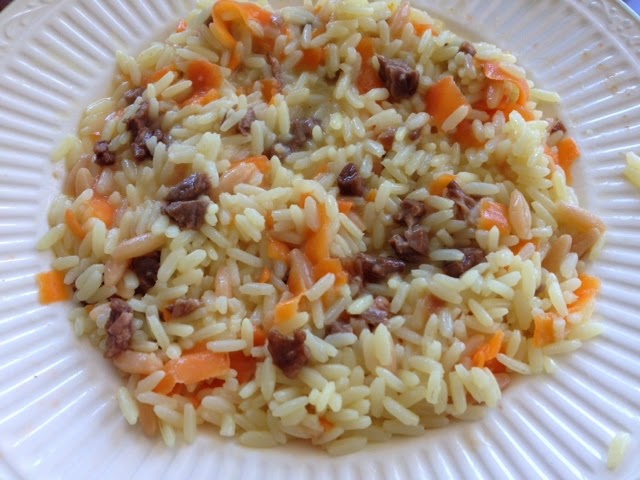My 22 month old son loves avocados. Actually, much more than I do! I enjoy a nice ripe slice of avocado on my salad, or topped with salt, or in a delicious guacemole dip... but plain avocados are sometimes bland and bitter to me. But my son has aquired quite a liking for the "perfect" food.
Did you know that the avocado has been called the world’s
most perfect food and has many health benefits?
It has achieved this distinction because many nutritionists
claim it not only contains everything a person needs to survive — but it has
also been found to contribute to the prevention and control of Alzheimer’s,
cancer, heart disease, diabetes and other health conditions.
The avocado (Persea gratissima or P. americana) originated
in Puebla, Mexico and its earliest use dates back to 10,000 years B.C. Since AD
900, the avocado tree has been cultivated and grown in Central and South
America. In the 19th century, the avocado made its entry into California, and
has since become a very successful commercial crop. Ninety-five percent (95%)
of U.S. avocados are gown in Southern California.
The avocado, also called the alligator pear, is a
high-fiber, sodium- and cholesterol-free food that provides nearly 20 essential
nutrients, including fiber, is rich in healthy monounsaturated and
polyunsaturated fats (such as omega-3 fatty acids), vitamins A, C, D, E, K and
the B vitamins (thiamine, riboflavin, niacin, pantothenic acid, biotin, vitamin
B-6, vitamin B-12 and folate) — as well as potassium.
Foods naturally rich in omega-3 fatty acids, such as
avocados, are widely acknowledged as the secret to a healthy heart, a brilliant
brain and eagle eyes.
Dr. Daniel G. Amen, a clinical neuroscientist, psychiatrist,
brain-imaging expert and author of the New York Times bestseller Change Your
Brain, Change Your Life counts avocados as one of the top brain-healthy foods
that can help prevent Alzheimer’s Disease.
That’s not only because of the avocado’s health benefits
omega-3 fatty acid content but also its…
Vitamin E content — An international journal called
Alzheimer’s Disease and Associated Disorders, reported its findings from years
of clinical trials — high doses of Vitamin E can neutralize free radicals and
the buildup of proteins to reverse the memory loss in Alzheimer’s patients;
reverse symptoms of Alzheimer’s in the early stages and retard the progression
of the disease;
Folate content — helps to prevent the formation of tangled
nerve fibers associated with Alzheimer’s.
The virtues and benefits of the avocado are too numerous to
mention.
But Here Are Just a Few More Avocado Health Benefits That
Its Nutritional Profile Provides:
Monounsaturated
Fats — These types of fats help control triglycerides in the bloodstream, lower
blood cholesterol and control diabetes.
Folate — This
water-soluble B vitamin promotes healthy cell and tissue development. According
to the National Institute of Health’s Office of Dietary Supplements, “This is
especially important during periods of rapid cell division and growth such as
infancy and pregnancy. Folate is also essential for metabolism of homocysteine
and helps maintain normal levels of this amino acid.”
Lutein — This is a
carotenoid (a natural pigment) that protects against cataracts and certain
types of cancer, and reduces the risk of macular degeneration, the leading
cause of blindness in adults 65 years of age and older. Avocados contain 3 or
more times as much lutein as found in other common vegetables and fruits.
Oleic acid and
Potassium — Both of these nutrients also help in lowering cholesterol and
reducing the risk of high blood pressure.

































.JPG)








